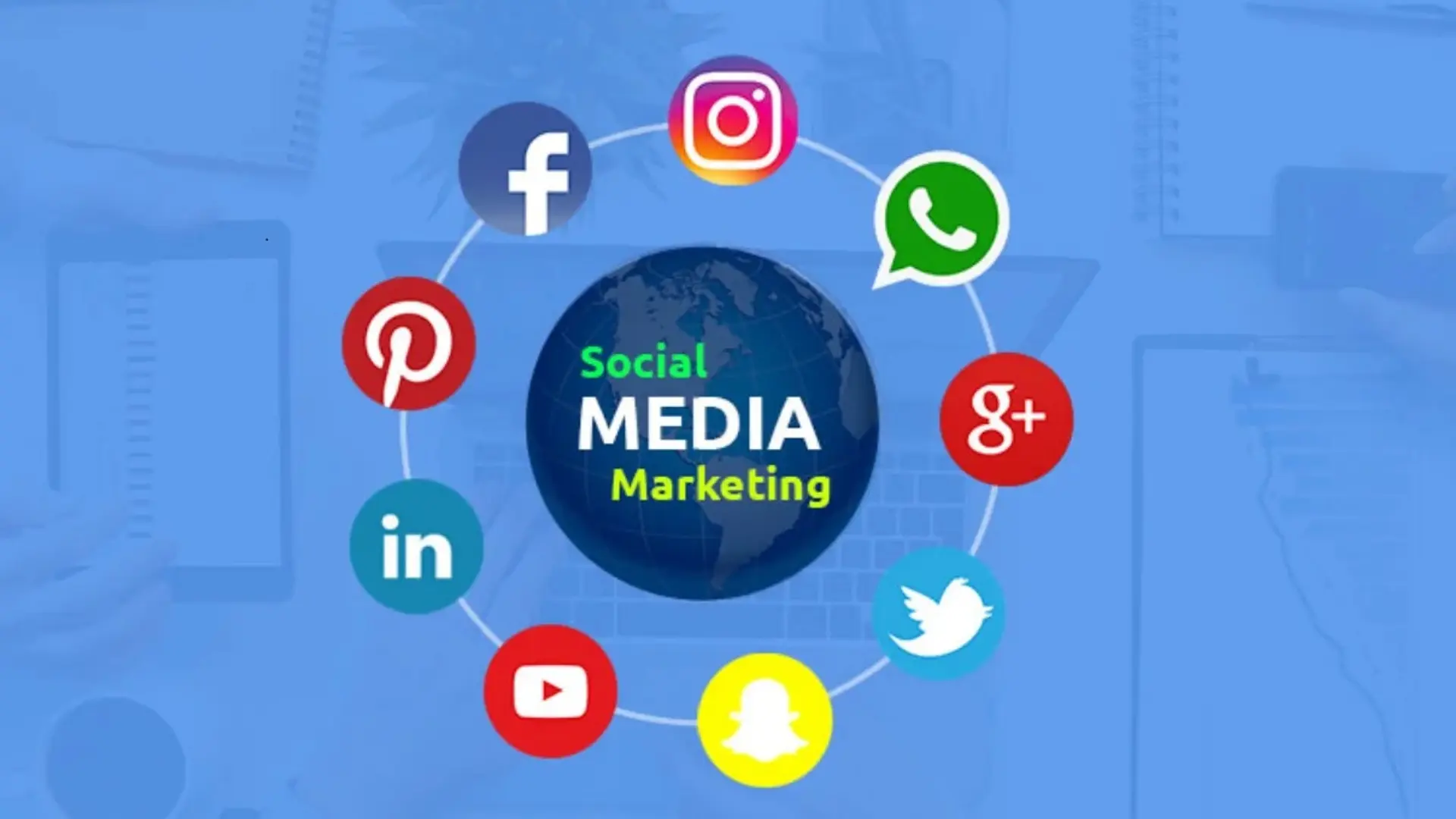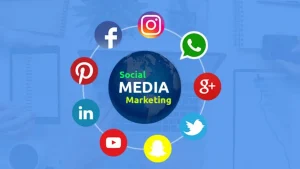Content Marketing SEO: Tactics for Impressive Contents
In today’s digital landscape, businesses cannot afford to treat SEO, content marketing, and social media marketing as separate entities. Instead, these three strategies are interconnected, working best when seamlessly integrated. Content marketing serves as the bridge that connects the search engine visibility of SEO with the audience engagement of social media, creating a cohesive and effective digital marketing strategy.
The Impact Of Content on SEO
Search engines like Google prioritize high-quality, relevant, and fresh content. This means that blogs, articles, videos, and infographics are crucial for ranking higher in search results. Well-optimized content with targeted keywords, structured data, and internal links boosts SEO and ensures that your message reaches the right audience.
Content marketing supports SEO by:
- Improving Keyword Targeting: Content allows for the natural integration of keywords into blogs, landing pages, and FAQs.
- Building Backlinks: Quality content attracts backlinks, improving domain authority.
- Increasing Dwell Time: Engaging content keeps users on your site longer, signaling value to search engines.
Content’s Function in Social Media Marketing
Social media platforms thrive on shareable, engaging content. They amplify your brand’s reach, connecting you directly with your target audience. Content marketing drives social media success by providing the material needed to engage users and spark conversations.
Content marketing supports social media by:
- Providing Shareable Assets: Blogs, videos, and infographics offer material for posts.
- Boosting Engagement: Interactive or thought-provoking content can encourage likes, shares, and comments.
- Building Brand Loyalty: Consistent, valuable content strengthens trust and keeps audiences returning.
How Content Bridges SEO and Social Media
Content marketing serves as a middle ground where SEO and social media strategies align. Here’s how:
Repurposing Content for Dual Benefits
A blog optimized for SEO can be transformed into social media posts, infographics, or videos, making it versatile and effective on both platforms.
Driving Traffic from Social to Website
Social media posts with links to SEO-optimized blog posts can drive traffic to your website, improving metrics like time on page and bounce rate, which further boosts SEO.
Creating Evergreen Content
Long-lasting content serves dual purposes: ranking well on search engines and consistently providing value to social media followers.
Leveraging Social Signals for SEO
While social signals like shares and likes are not direct ranking factors, they increase content visibility, potentially leading to more backlinks and organic traffic.
Using Analytics for Insights
By analyzing both social media performance and organic traffic data, you can refine your content strategy to meet the needs of both platforms.
Tips for an Integrated Approach
- Plan Unified Campaigns: Develop content strategies with both SEO and social media goals in mind.
- Prioritize Quality: Content that is of high quality is more likely to be shared on social media and to be ranked highly on search engines
- Engage Your Audience: Encourage comments and shares on social media, and respond to user queries to build trust.
- Use Social Media for Content Distribution: Share blogs, case studies, and videos on platforms like LinkedIn, Instagram, or Twitter to maximize reach.
Conclusion
Content marketing acts as a vital bridge, aligning the goals of SEO and social media marketing. By creating valuable, optimized, and shareable content, businesses can improve their search engine rankings while simultaneously engaging their social media audiences. This integrated approach not only enhances online visibility but also fosters meaningful connections with potential customers.


